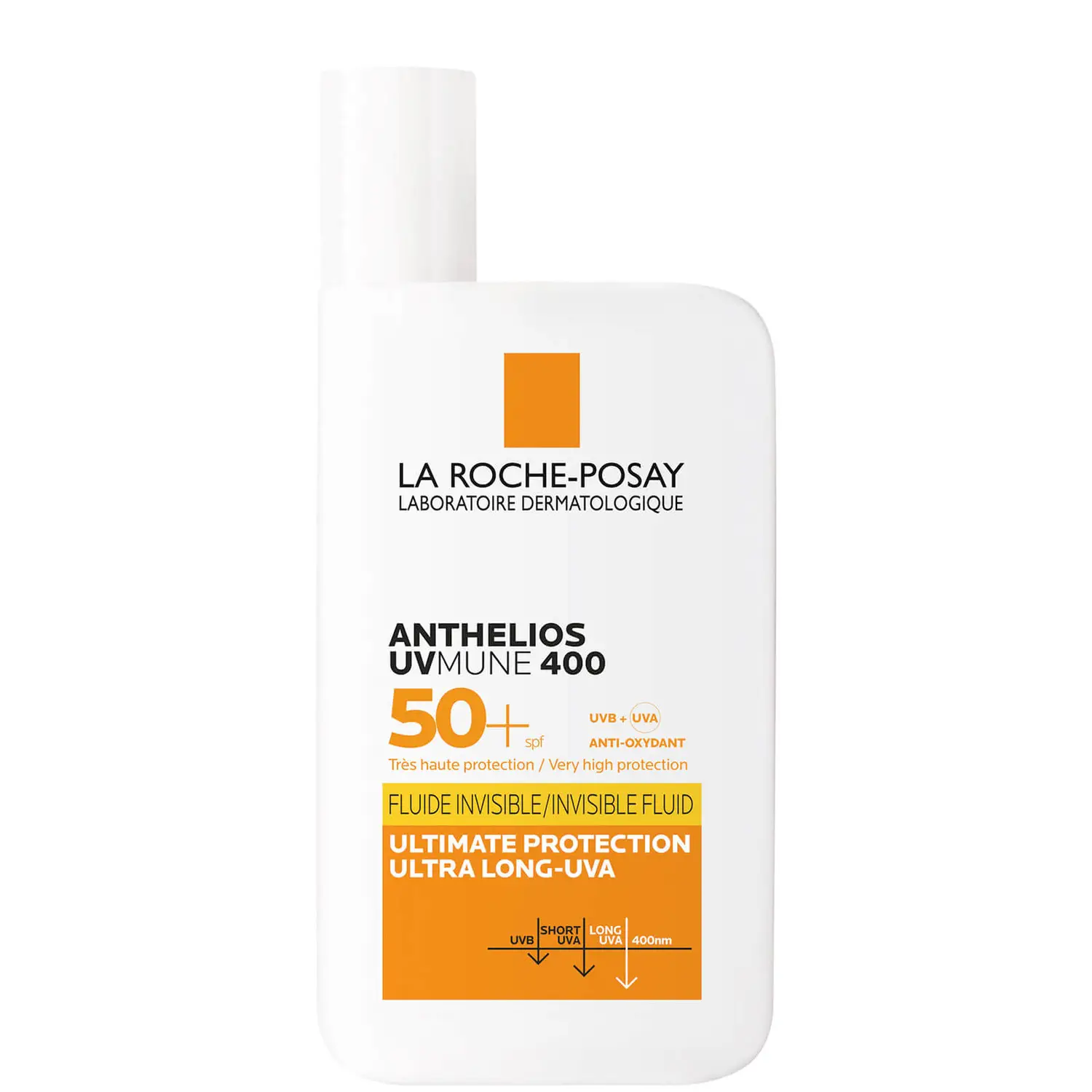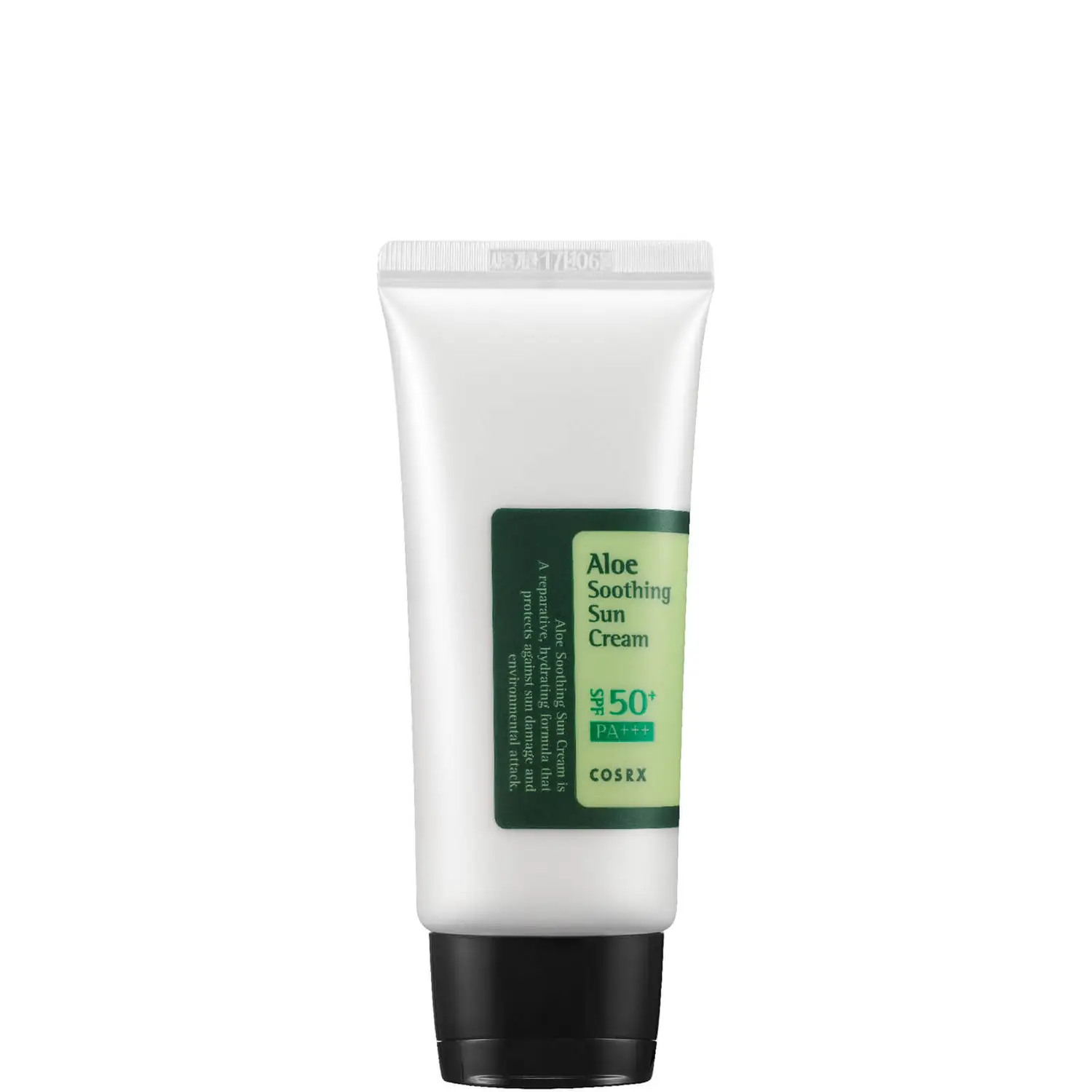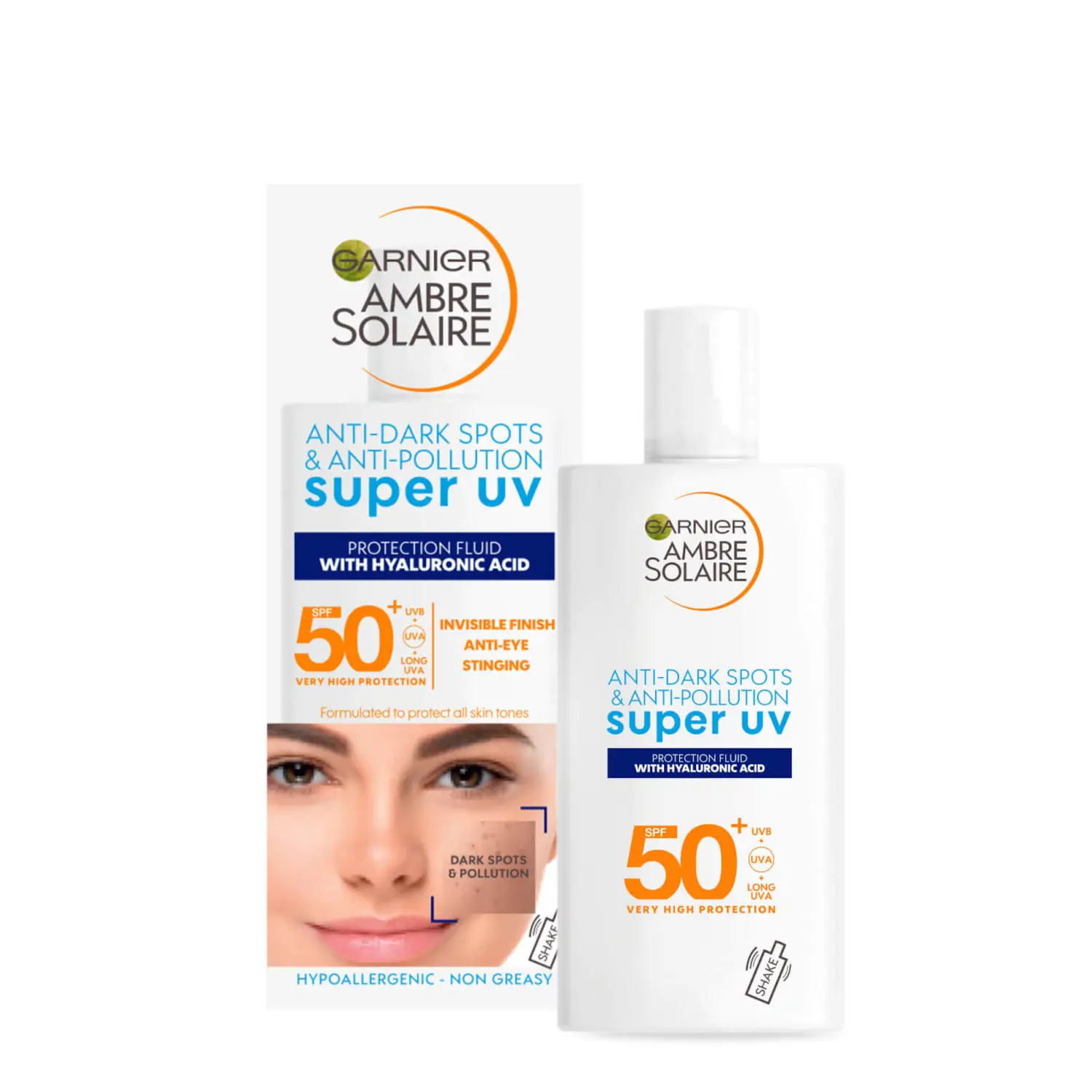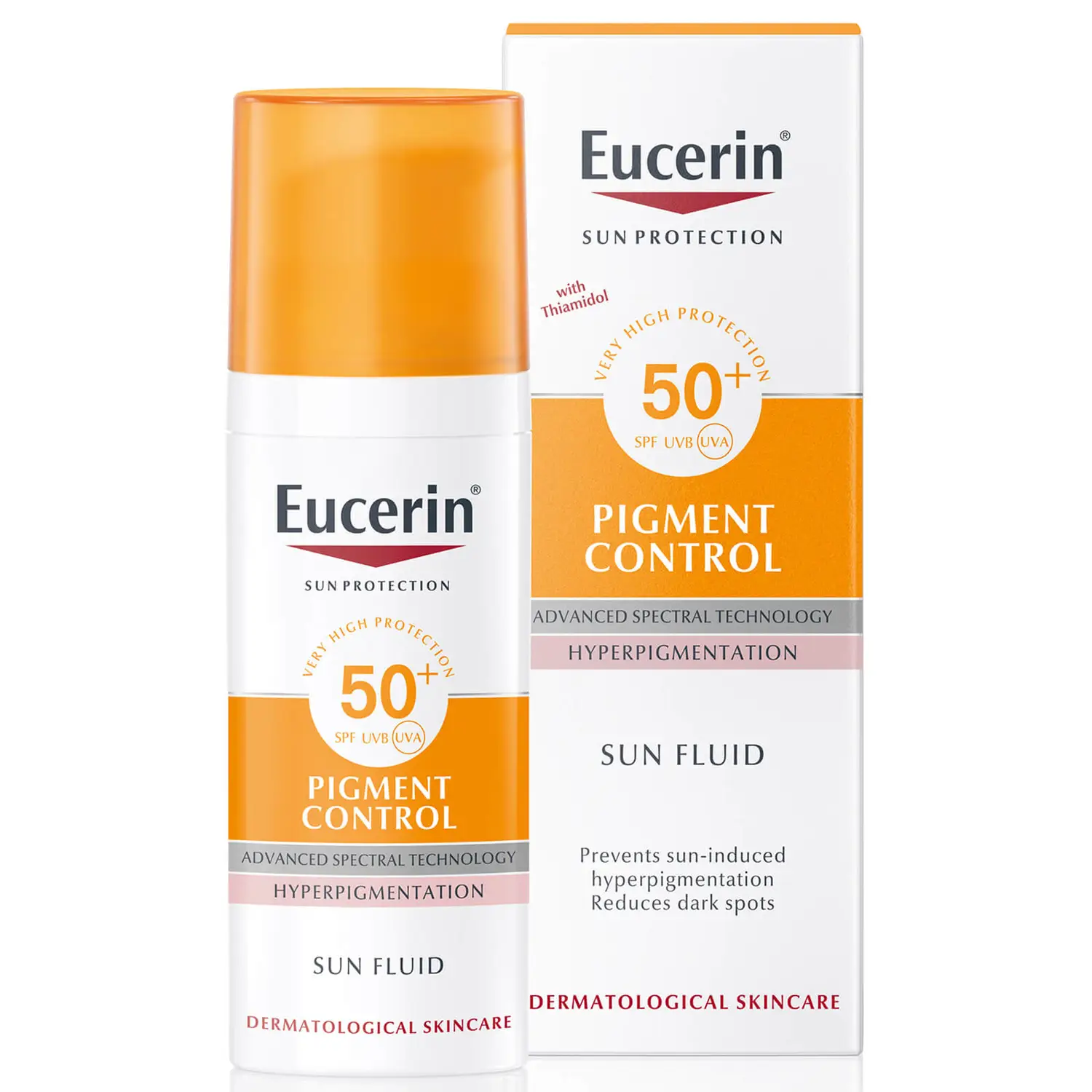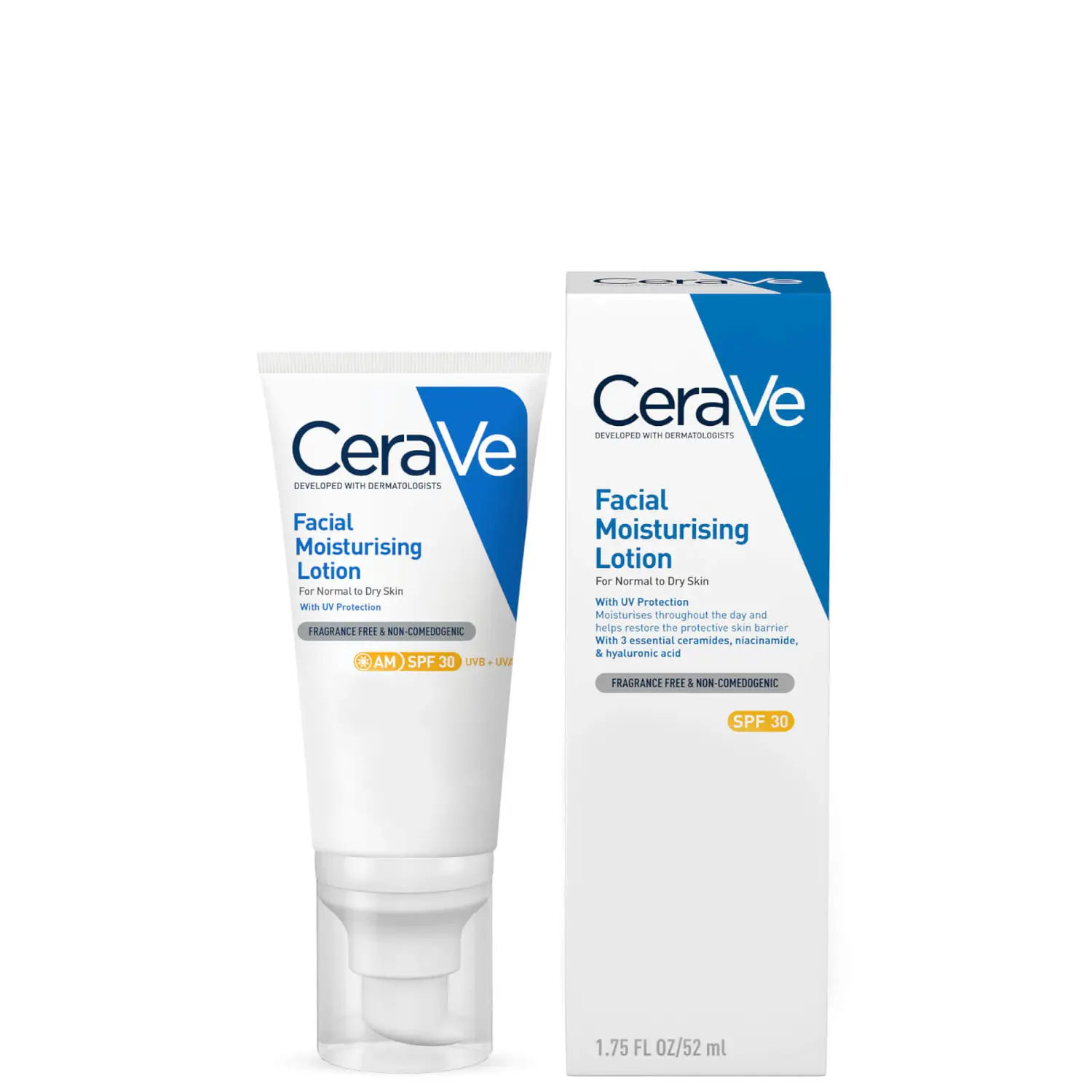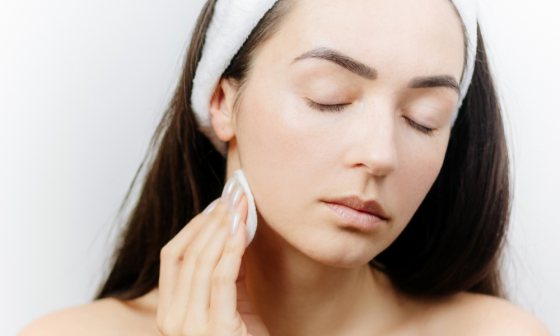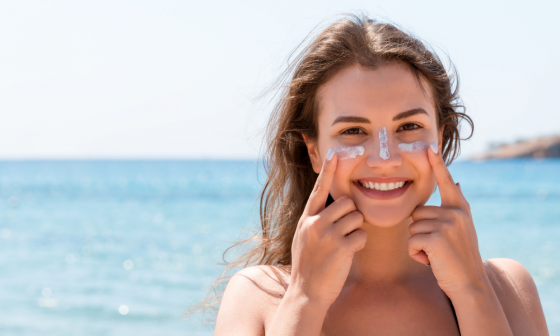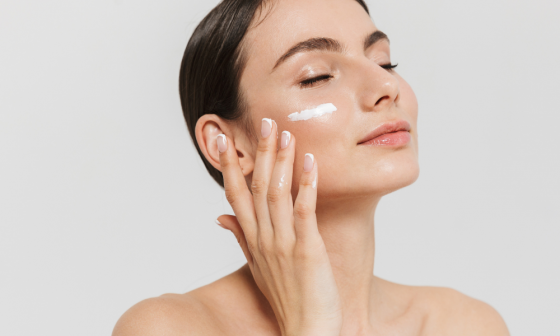Protecting your skin from the sun is essential for keeping it healthy and looking its best. That’s why finding the best SPF products for daily wear is so important. In this ultimate guide to sun protection, we’ll discuss the importance of SPF, what to look for in sun protection products, and the best SPF products for daily wear. By the end of this guide, you’ll be armed with all the knowledge you need to choose the right sun protection products for your skin type.
Why Sun Protection is Important
Most of us enjoy spending time outdoors, especially when the weather is good. Whether you’re hitting the beach, going for a walk, or simply sitting outside on a sunny day, it’s essential to protect your skin from the harmful effects of the sun’s ultraviolet (UV) rays.
The primary reason sun protection is crucial is because UV radiation can cause serious damage to your skin. Prolonged exposure to UV rays can lead to premature ageing, skin damage, and even skin cancer.
However, by taking steps to protect your skin from UV rays, you can significantly reduce your risk of developing skin cancer and other sun-related skin problems. One of the most effective ways to do this is by using SPF products daily.
How Sunscreen Works
Sunscreen is a vital component of any sun protection routine. It works by absorbing or reflecting the sun’s harmful ultraviolet (UV) rays, which can damage your skin and lead to premature ageing, sunburn, and skin cancer. The two primary types of UV rays that affect your skin are UVA and UVB rays, and sunscreen can help protect you from both.
There are two main types of sunscreens available on the market: chemical and physical. Chemical sunscreens contain ingredients that absorb UV rays, while physical sunscreens contain ingredients that reflect UV rays. Both types work by creating a protective barrier on your skin, but physical sunscreens tend to be more effective and less likely to cause irritation.
The active ingredients in sunscreen can vary widely, but the most common ingredients in chemical sunscreens include avobenzone, octinoxate, and oxybenzone. In contrast, physical sunscreens often contain titanium dioxide or zinc oxide. It’s essential to choose a sunscreen with a broad-spectrum coverage that can protect against both UVA and UVB rays.
One of the most crucial factors to consider when selecting a sunscreen is its Sun Protection Factor (SPF). SPF measures the product’s ability to protect your skin against UVB rays, which are responsible for sunburn. The higher the SPF, the more protection you get. Experts recommend choosing an SPF of at least 30 for daily wear, and higher if you plan to spend time outdoors or are prone to sunburns.
When applying sunscreen, it’s crucial to use enough product to achieve the intended protection. A general rule of thumb is to apply one ounce (about a shot glass full) to your entire body and reapply every two hours or after swimming or sweating. It’s also important to apply sunscreen at least 15 minutes before sun exposure to allow it to absorb fully into your skin.
Understanding SPF Ratings
When it comes to choosing an SPF product, one of the most important things to understand is the SPF rating. SPF, or Sun Protection Factor, is a measure of how effectively a sunscreen will protect your skin from the sun’s harmful UV rays. But what does the number actually mean?
The SPF rating indicates how long you can stay in the sun without getting burned while wearing that particular sunscreen. For example, if you normally start to burn after 10 minutes in the sun without any protection, an SPF 30 sunscreen will allow you to stay in the sun 30 times longer (or 300 minutes) without burning.
However, it’s important to note that SPF ratings only measure protection against UVB rays, which are the main cause of sunburn. They don’t measure protection against UVA rays, which can also cause skin damage and contribute to skin ageing and skin cancer. That’s why it’s important to look for broad-spectrum sunscreens that protect against both UVB and UVA rays.
It’s also worth noting that no sunscreen can provide 100% protection from the sun. Even if you use a high SPF sunscreen and apply it correctly, you may still be exposed to some UV radiation. That’s why it’s important to combine sun protection measures, such as seeking shade, wearing protective clothing, and avoiding sun exposure during peak hours (usually between 10 am and 4 pm).
In general, dermatologists recommend using an SPF of at least 30 for daily wear. However, if you have fair skin, a history of skin cancer, or spend a lot of time in the sun, you may want to opt for a higher SPF. Just remember that the higher the SPF, the smaller the incremental increase in protection – for example, an SPF 50 sunscreen doesn’t provide twice the protection of an SPF 25 sunscreen.
Factors to Consider when Choosing an SPF Product
When it comes to sun protection, there are many factors to consider when choosing an SPF product. Here are some things to keep in mind:
- Skin Type: Everyone’s skin is different and has different needs. People with fair skin and light hair are more prone to sunburn, while people with darker skin may not burn as easily but are still at risk for sun damage. Consider your skin type when choosing an SPF product.
- Activity Level: If you’re going to be spending a lot of time outside, you’ll need a product with a higher SPF and more water-resistant properties.
- Location: If you’re going to be in a particularly sunny or high-altitude location, you’ll need a higher SPF to protect your skin.
- Sensitivity: If you have sensitive skin, look for an SPF product that is fragrance-free and hypoallergenic.
- Texture: Sunscreen comes in many different textures, from sprays to lotions to gels. Consider your personal preference when choosing an SPF product.
- Price: Sunscreen can vary in price depending on the brand and the SPF level. However, remember that protecting your skin from the sun is an investment in your health and should not be compromised for cost.
By keeping these factors in mind, you can choose an SPF product that works best for you and provides the necessary protection from harmful UV rays.
Best SPF Products for Daily Wear
- La Roche-Posay Anthelios UVMune 400 Invisible Fluid SPF50+ Sun Cream 50ml – A lightweight daily sunscreen with SPF50+ specifically formulated for sensitive skin types.
- COSRX Aloe Soothing SPF50 PA+++ Sun Cream 50ml – Harnessing the powers of Aloe, the ultra-hydrating sunscreen absorbs quickly into skin to defend against sun damage and environmental aggressors, whilst delivering long-lasting moisture and hydration to leave skin smooth, comfortable and replenished.
- Garnier Ambre Solaire Ultra-Light Sensitive Sun Protection Face Fluid SPF50+ 40ml – A hydrating, high-protection and lightweight sunscreen formulated to protect the skin from dark spots caused from sun damage.
- Eucerin Pigment Control Sun Fluid SPF 50+ 50ml – A blend of UVA/UVB filters, licochalcone A and Advanced Spectral Technology work synergistically to protect against UV rays and HEVIS (high-energy visible light). Lending a soothing effect, the sunscreen utilises patented ingredient tramadol to help improve the look of the skin tone. With a light, non-greasy texture, the cream is ideal for everyday use.
- CeraVe AM Facial Moisturising Lotion SPF30 with Ceramides for Normal to Dry Skin 52ml – Specially curated for normal to dry skin types, the CeraVe AM Facial Moisturising Lotion SPF30 is a nourishing formula that hydrates and protects the skin. The day cream delivers up to 24 hours of continuous moisture, while protecting against UVA rays, UVB rays and pollutants.

